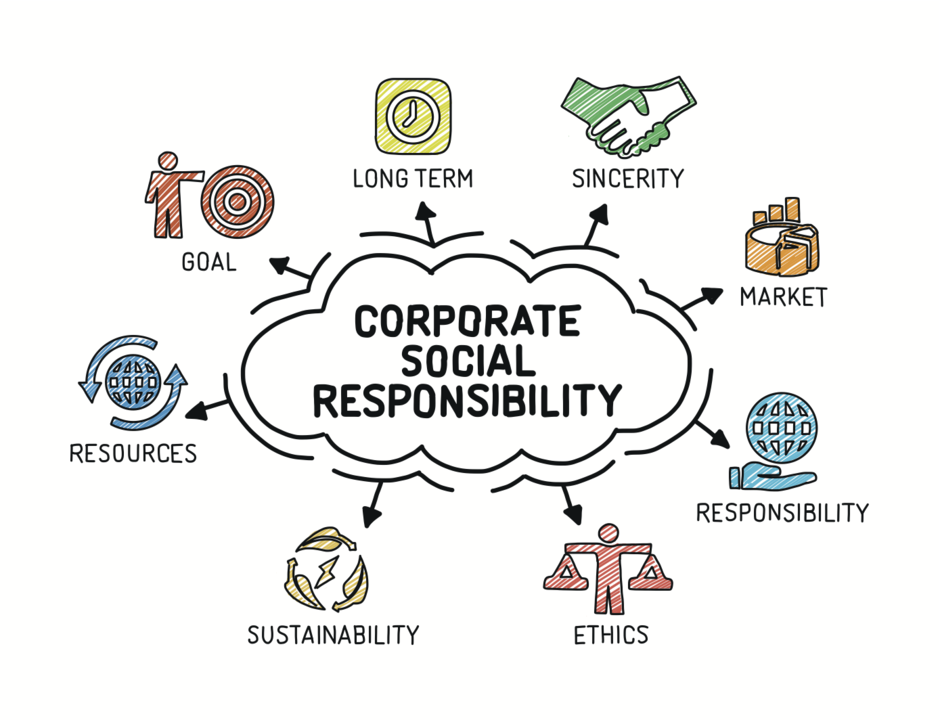From being a side project for businesses, Corporate Social Responsibility is now a key element of corporate strategy. Creative methods of CSR are becoming more and more important as businesses realize the value of social, environmental, and economic sustainability. By bringing firm principles into line with society’s standards, these tactics not only improve a company’s reputation but also promote long-term commercial success. Businesses are redefining CSR through the combination of technology, community participation, and sustainable practices, which are producing more measurable and significant results.
Using technology to solve social and environmental issues is one cutting-edge method of implementing Corporate Social Responsibility. Businesses are using blockchain, AI, and big data to increase the accountability, efficiency, and transparency of their CSR programs. Blockchain technology guarantees the traceability of sustainable sourcing procedures, while big data analytics tracks and measures the environmental impact of corporate activities. Businesses can develop more solid and dependable CSR programs that benefit society and the firm directly by employing these cutting-edge technologies.
Another essential component of contemporary Corporate Social Responsibility is community participation. These days, cutting-edge CSR tactics concentrate on encouraging stronger ties with neighborhood communities by using participatory methods. Companies include people of the community in the decision-making process to guarantee that CSR programs meet actual requirements and have a long-term effect. Projects that include collaboration, such as co-creating solutions with stakeholders and local organizations, show a dedication to shared value. In addition to increasing the efficacy of CSR initiatives, this inclusive strategy fortifies bonds of trust between businesses and the communities they support.
Modern CSR is centered on sustainable business practices. To reduce waste and increase resource efficiency, businesses are embracing the concepts of the circular economy more and more. Eco-design, sustainable supply chain management, and product life cycle assessments are examples of innovative techniques that are more commonplace. Businesses can lessen their environmental impact and improve the lives of future generations by integrating sustainability into their basic activities. Businesses are also showing their commitment to sustainability by funding carbon offset and renewable energy initiatives to meet climate goals.
Creative ways of CSR have a greater impact on societal progress than just short-term commercial gains. To address global issues like poverty, inequality, and climate change, companies are collaborating with non-profits, governments, and other enterprises. These multi-stakeholder partnerships take advantage of each partner’s skills to create all-encompassing solutions that promote systemic change. Businesses may help create a more just and sustainable society by coordinating their CSR efforts with international sustainability frameworks such as the Sustainable Development Goals (SDGs) of the United Nations.
Last but not least, creative approaches to Corporate Social Responsibility are changing how companies interact with the environment and the community. Companies may develop more successful and meaningful CSR initiatives by using technology, improving community involvement, and implementing sustainable practices. These tactics further the advancement of society at large in addition to enhancing the company’s reputation and fostering economic success. To guarantee long-term sustainability and a positive social impact, firms’ CSR initiatives must stay flexible and inventive as the global scene changes.

